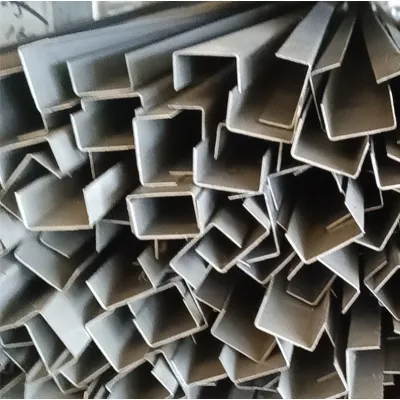loading...
- No. 9, Xingyuan South Street, Dongwaihuan Road, Zaoqiang County, Hengshui, Hebei, China
- admin@zjcomposites.com
- +86 15097380338
- Welcome to visit our website!
Innovative FRP Walkway Grating Solutions for Enhanced Safety and Durability
The Benefits and Applications of FRP Walkway Grating
In today's industrial and commercial environments, safety and efficiency are paramount. Among the many safety solutions available, FRP (Fiberglass Reinforced Plastic) walkway grating has emerged as a leading choice for various applications. This material combines strength, durability, and corrosion resistance, making it an ideal option for areas exposed to harsh conditions.
Understanding FRP Walkway Grating
FRP walkway grating is a composite material made from fiberglass fibers embedded within a resin matrix. This unique construction allows the grating to maintain structural integrity while being significantly lighter than traditional materials like steel and aluminum. The result is a product that can support substantial loads while being easier to handle and install.
One of the most notable features of FRP grating is its corrosion resistance. Unlike metal grating, which can rust and deteriorate over time due to exposure to moisture and chemicals, FRP grating remains impervious to these environmental factors. This makes it particularly advantageous in areas such as chemical plants, wastewater treatment facilities, and marine environments, where exposure to corrosive substances is a common occurrence.
Safety First Slip Resistance and Load-Bearing Capacity
Safety is a critical consideration in any industrial setting. FRP walkway grating is designed with slip-resistant surfaces, making it an excellent choice for walkways, platforms, and staircases. This feature significantly reduces the risk of accidents due to slips and falls, protecting employees and visitors alike.
Moreover, FRP grating is engineered to withstand heavy loads, ensuring that it can support the weight of equipment and personnel without compromising safety. The material's strength-to-weight ratio is one of its standout characteristics, allowing for efficient designs that do not sacrifice structural integrity. Various styles and load ratings are available, enabling facilities to choose the appropriate type of grating for their specific needs.
Versatility Across Industries
The versatility of FRP walkway grating is another reason for its widespread adoption. It can be utilized in various industries, including
frp walkway grating

1. Chemical and Petrochemical The resistance to corrosion makes FRP ideal for use in environments that handle corrosive chemicals and substances.
2. Water Treatment Plants For structures frequently exposed to water and chemicals, FRP grating offers a long-lasting solution.
3. Marine Applications In harbors and marinas, where exposure to saltwater is high, FRP's corrosion resistance ensures longevity.
4. Food Processing GRP (Glass-reinforced plastic) is safe for food processing applications due to its non-porous nature, which can help in maintaining hygiene standards.
5. Pharmaceuticals In clean room environments where sterility is vital, FRP grating is easy to clean and resistant to many cleaning agents.
Installation and Maintenance
Installing FRP walkway grating is generally a straightforward process. Its lightweight nature allows for easier handling and faster installation, which can result in lower labor costs. Furthermore, FRP does not require regular maintenance like metal grating, which may need repainting or rust treatment over time. This low upkeep requirement translates into cost savings for businesses in the long run.
Conclusion
FRP walkway grating is transforming the way industries approach safety and efficiency. With its exceptional characteristics, including corrosion resistance, slip resistance, and ease of installation, it stands out as a superior alternative to traditional materials. The versatility of FRP allows it to cater to a wide range of applications across numerous industries, making it an invaluable asset for facilities looking to enhance safety, reduce maintenance, and improve overall operational efficiency. As industries continue to evolve, the adoption of innovative materials like FRP will undoubtedly play a crucial role in shaping safer and more efficient work environments.
-
Transform Your Spaces with FRP Grating SolutionsNewsNov.04,2024
-
The Versatility and Strength of FRP RodsNewsNov.04,2024
-
The Excellence of Fiberglass Water TanksNewsNov.04,2024
-
The Benefits of FRP Grating for Your ProjectsNewsNov.04,2024
-
Elevate Your Efficiency with FRP Pressure VesselsNewsNov.04,2024
-
Welcome to the World of FRP Pressure VesselsNewsOct.12,2024
-
Unveiling the Future of Filtration: Why FRP Filter Vessels are a Game ChangerNewsOct.12,2024
